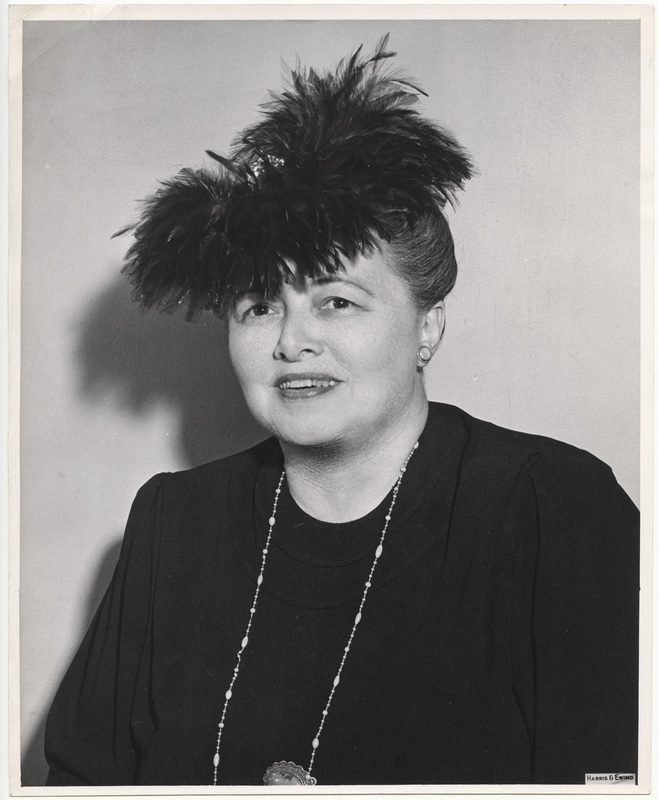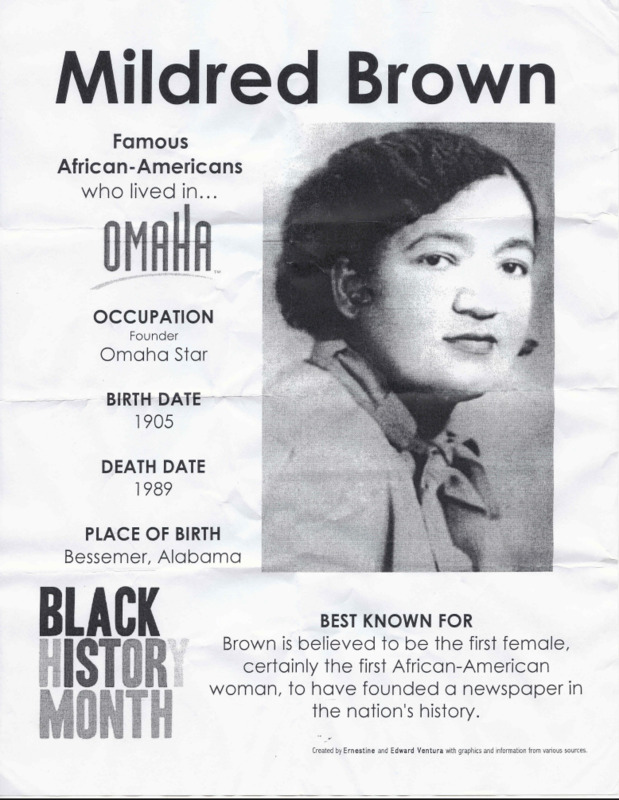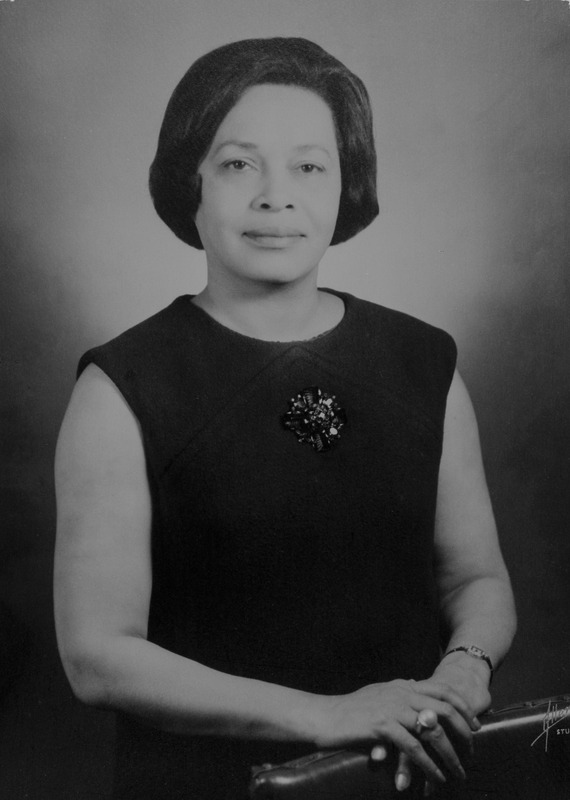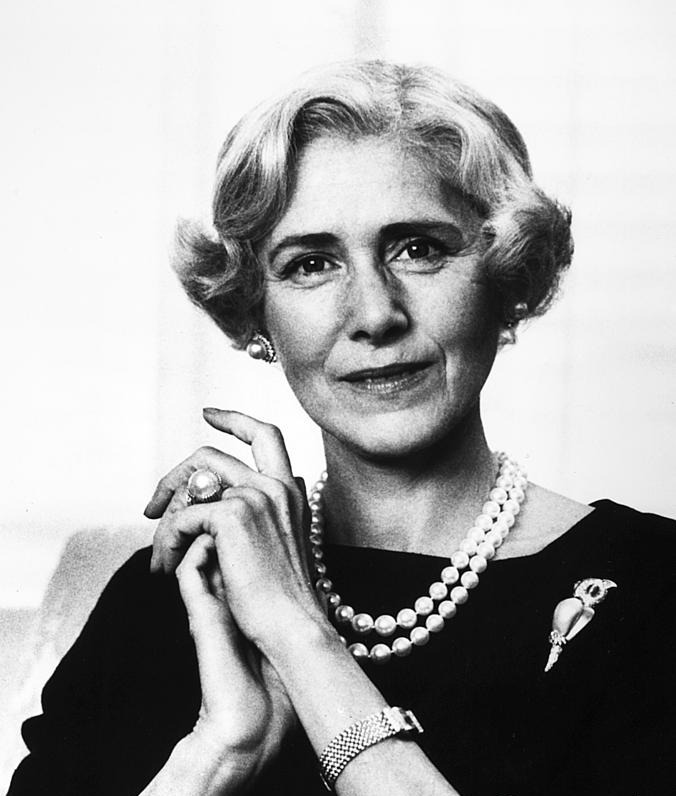Friends
Catherine De Hueck Doherty, also known as the Baroness, was a pioneer in advocating for racial and social equality. Born in a wealthy Russian family, she fled to Canada with her husband in 1921. Here she became interested in advocating for the poor and minorities. She is most notable for founding both Friendship Houses and Madonna Houses in cities across the United States. During a visit to Omaha in the early 1950s, she discussed the racial situation within the city with a handful of DePorres Club members. Doherty continued corresponding with Denny Holland following her visit, and they discussed the potential of founding a Friendship House within Omaha. The Bishop, however, later rejected this idea In her letter to Holland following the Bishop’s decision, Doherty commented on the situation within the Catholic Church at the time, “It is not to be wondered at that the Bishop is not approving…there seem to be about the Hierarchy a strange pall, that sort of darkens their vision..I am worried about that, and pray much today for Bishop and the like.” (Markoe Papers, B7).
Mildred Brown was born 1905 in Bessemer, Alabama. She graduated from Miles Memorial Teachers College when she was 16 years old and became an English teacher. She married S. Edward Gilbert in 1936. She and her husband founded the Omaha Star in 1938 in Northern Omaha. The paper itself focused on bringing “‘joy and happiness’” by focusing news on positive aspects and upbeat news in the black community while also reporting on local and national news from a black perspective and pushing for political activity through voting. Brown provided “guidance and support” to the DePorres Club and even offered the Omaha Star offices as a meeting place for the DePorres Club after the club was asked to stop meeting on Creighton's campus (Nebraska Studies).
Elizabeth Ann Davis Pittman was born June 3, 1921 in Council Bluffs, Iowa. She was the first Black woman to graduate from Creighton University’s School of Law and, in 1950, became the first Black woman to hold elected office in Omaha by serving on the Omaha School Board. The DePorres Club endorsed her candidacy. She also was the first woman and Black Amercian to serve as Douglas County Attorney (1964 to 1971). Moreover, she was the first Black American judge for the State of Nebraska from 1971 to 1986, serving in the Omaha Municipal Court (North Omaha History). As “‘a friend of the DePorres Club since its founding and a skillful practicing lawyer’” (Holland 73), she actively helped the club, defending and advocating for it as a lawyer, helping write up the club’s lease (Holland 66), and even participating in campaigning against the racist policies of the Omaha & Council Bluffs Street Railway Company as part of the Omaha branch of the NAACP (Holland 167).
Born in New York City in 1903, Clare Boothe Luce became an actor at a young age before becoming an influential writer, editor, and international correspondent. In 1942, she was elected to the House Representatives; in 1953 she was appointed U.S. Ambassador to Italy. Luce came to Omaha in 1948 and met with Fr. Markoe to gather information about the “Problem” (as she called it). The speech she gave in the city that included unsparing words about the racial situation earned her honorary membership from the DePorres Club. When Luce shared texts of her writings and speeches on racial relations, the DePorres Club assembled a booklet to sell to support the Club’s work. (Holland, 2014)



